In this innovative study, Antoinette Burton investigates the colonial empire through the eyes of the three of its Indian subjects. The first of these, Pandita Ramabai, arrived in London in 1883 to seek medical education. She left in 1886, having resisted the Anglican Church’s attempts to make her an Evangelical Missionary, and began a career as a celebrated social reformer. Cornelia Sorabji went to Oxford to study law and became one of the first Indian women to be called to the bar. Already a well known Bombay journalist, Behramji Malabari traveled to London in 1890 to seek support for his social reform projects. All three felt the influence of imperial power keenly during even the most everyday encounters in Britain, and their extensive writings are conscious analyses of how "Englishness" was made and remade in relation to imperalism. The accounts of these three sojourners–all prominent, educated Indians–represent complex, critical ethnographies of "native" metropolitan society and offer revealing glimpses of what it was like to be a colonial subject in fin-de-siecle Britain. Burton argues that their movement to and through a variety of domestic landscapes helped to consolidate who was "Indian" and what counted as "Englishness" in the later nineteenth century–and that colonial subjects were part of the making of an imperial culture rather than passive slates upon whom the British empire could write its intentions. Written clearly and persuasively, this historical treatment of the colonial encounter challenges the myth of Britian’s insularity from empire, demonstrating instead that the United Kingdom was a terrain open to content and refiguration.
Brown Over Black: Race and the Politics of Postcolonial Citation
Recent attention to the ...
$27.00
$30.00

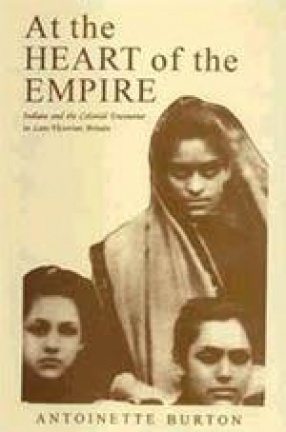
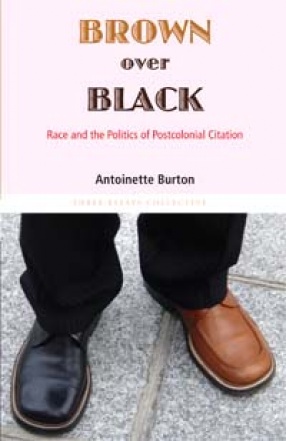
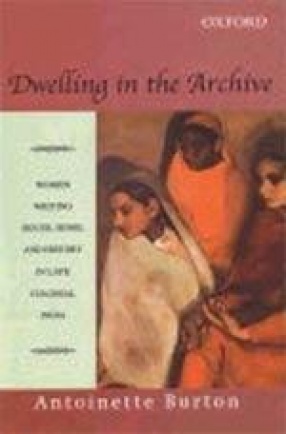
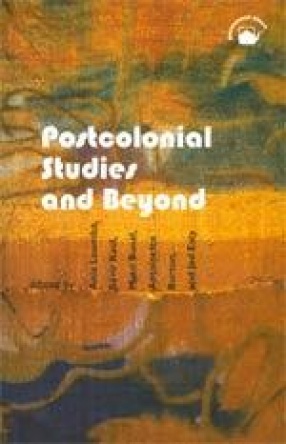
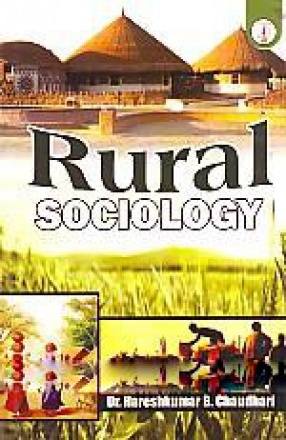
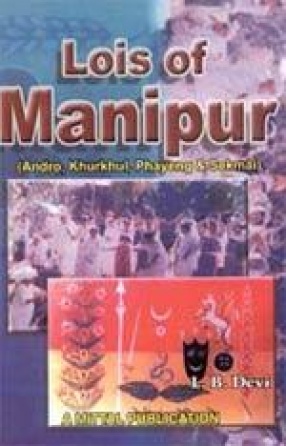
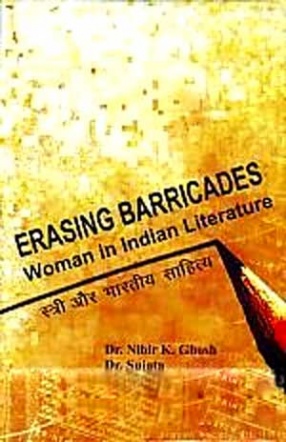
There are no reviews yet.